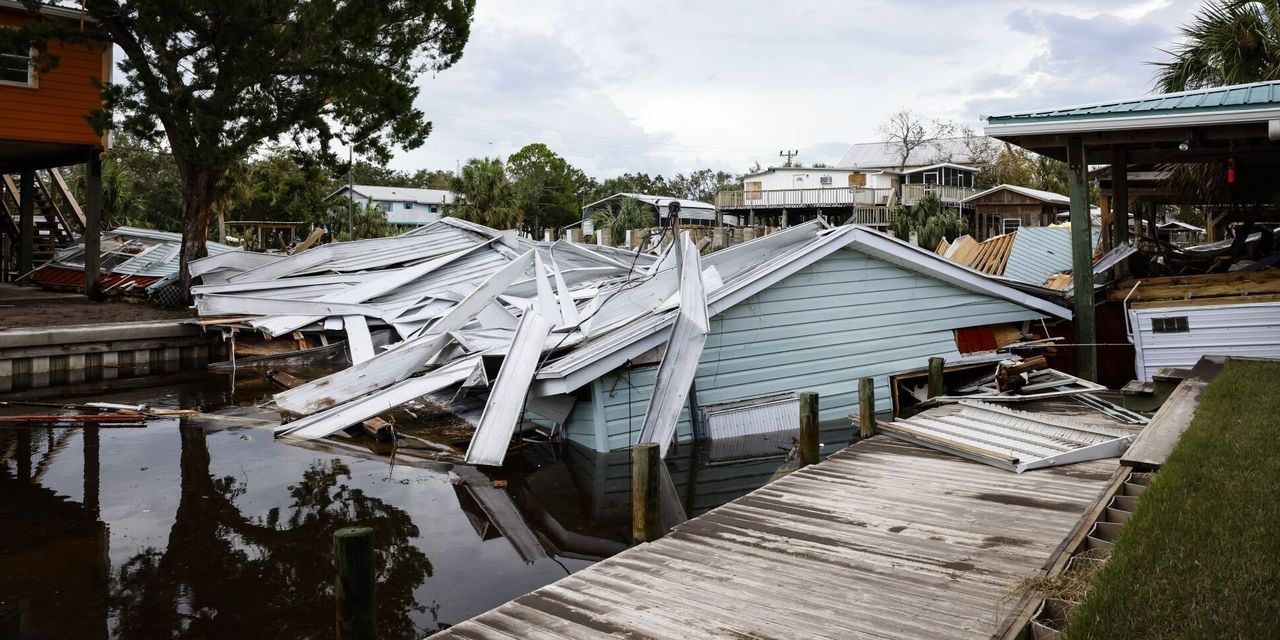Huge losses from national disasters prompt industry to jack up prices and pull back from some markets; ‘worst possible scenario’ for consumers
After Allstate suffered billions of dollars in losses and failed to get the rate increases it wanted, it resorted to the nuclear option.
The insurance giant threatened last fall to stop renewing auto insurance for customers in three states that hadn’t given in to its demands, which would have left those policyholders scrambling for coverage. The states blinked.
In December, New Jersey approved auto rate increases for Allstate averaging 17%, and New York, a 15% hike. Regulators in California are allowing Allstate to boost auto rates by 30%, but still haven’t decided on its request for a 40% increase in home-insurance rates after the insurer refused to write new policies.
For many Americans, getting insurance for both their cars and homes has gone from a routine, generally manageable expense to a do-or-die ordeal that can strain household budgets.



I have always thought that the people you are talking about should be able to get insurance, maybe even at a reasonable rate, but if/when a natural disaster occurs the insurance payout should be for a property/place not in a high risk zone rather than rebuilding, and that land should then be disallowed for human habitation.
Basically a compromise of sorts. I’m sure someone will tell me why I’m wrong though, lol.
In some places that’s exactly what has been done. Usually the government uses eminent domain on the land rather than allow reconstruction. The problem being the cost. Most cities and states would have nowhere near enough money to move a fraction of the homes in danger, or even pay for their relocation when they’re destroyed.